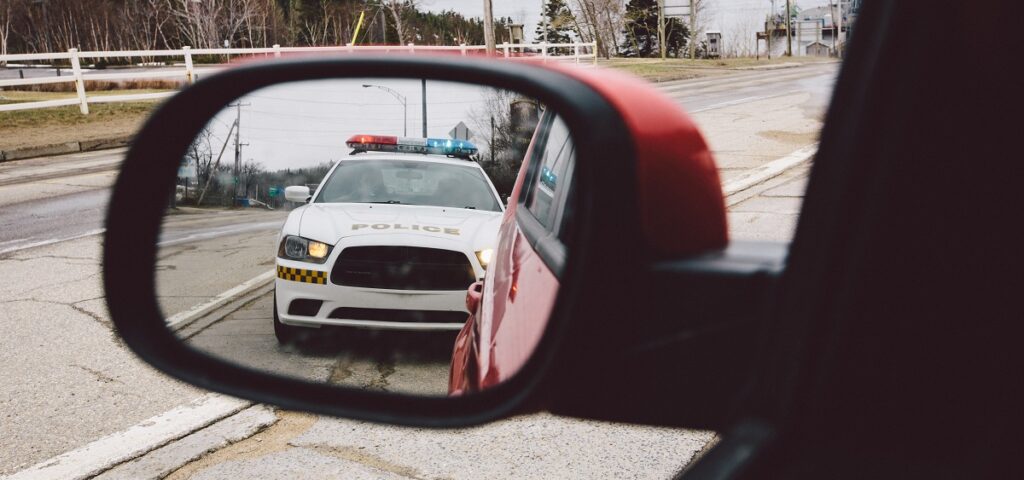On October 23, the Quebec Court of Appeal gave its decision in the Luamba case. Central to this case was the Highway Safety Code rule that allows police officers to stop cars to do road checks for no particular reason. The Court had to decide whether this rule was legal and if it could lead to racial profiling. Éducaloi put together this quiz to help you understand the essential parts of this decision.

|
Important update – read before taking the quiz. On December 5, 2024, the Quebec government decided to challenge the Court of Appeal’s decision. According to the government, road checks done for no particular reason are an essential tool in police work. In the coming months, the Supreme Court of Canada will decide whether to hear this challenge or not. The Supreme Court of Canada is the highest court of the country. The Court of Appeal’s decision (which is now being contested) gave the government six months to change the Highway Safety Code. The government asked that the decision be suspended. The purpose of the suspension would be to avoid making changes to the Highway Safety Code before the Supreme Court comes to a final decision. |
|
Did you know? A person who is arrested or detained by the police has rights under the Canadian Charter of Rights and Freedoms. |





